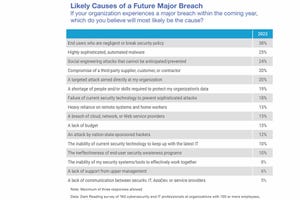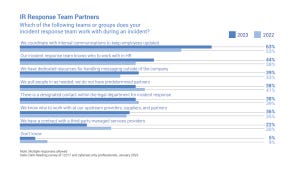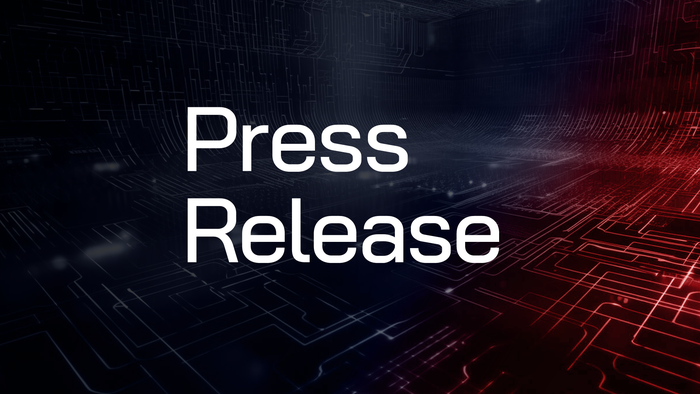Mideast & Africa News

Russia's Fancy Bear Pummels Windows Print Spooler Bug
Russia's Fancy Bear Pummels Windows Print Spooler Bug
The infamous Russian threat actor has created a custom tool called GooseEgg to exploit CVE-2022-38028 in cyber-espionage attacks against targets in Ukraine, Western Europe, and North America.
Latest Commentary
Chief Innovation Officer, Venafi
Founder & CEO, KnowBe4, Inc.
Chief Security Officer, CrowdStrike
Field Chief Technology Officer, Commvault
Independent Cybersecurity Consultant
Deep Reading
See More Dark Reading ResearchAirbnb's Allyn Stott recommends adding the Human Maturity Model (HMM) and the SABRE framework to complement MITRE ATT&CK to improve security metrics analysis.
Caller ID spoofing and AI voice deepfakes are supercharging phone scams. Fortunately, we have tools that help organizations and people protect themselves against the devious combination.
Quantum computing on the level that poses a threat to current cybersecurity measures is still years off. Here's what enterprises can do now to avoid future disruptions.
Cybersecurity Features In-Depth: On security strategy, latest trends, and people to know. Brought to you by Mandiant.
Security Technology: Featuring news, news analysis, and commentary on the latest technology trends.
The tech giant tosses together a word salad of today's business drivers — AI, cloud-native, digital twins — and describes a comprehensive security strategy for the future, but can the company build the promised platform?
Modern networks teem with machine accounts tasked with simple automated tasks yet given too many privileges and left unmonitored. Resolve that situation and you close an attack vector.
Permiso Security announced Cloud Console Cartographer during Black Hat Asia to help defenders look inside Amazon Web Services events logs for signs of cyberattacks.
Malaysia, Singapore, and Ghana are among the first countries to pass laws that require cybersecurity firms — and in some cases, individual consultants — to obtain licenses to do business, but concerns remain.
A survey of cybercrime experts assessing the top cybercrime-producing nations results in some expected leaders — Russia, Ukraine, and China — but also some surprises.
Israel prepares for a response to Iran's April 14 drone and missile attack.
Breaking cybersecurity news, news analysis, commentary, and other content from around the world.
Partner Perspectives
More Partner PerspectivesPress Releases
See allBlack Hat USA - August 3-8 - Learn More
August 3, 2024Cybersecurity's Hottest New Technologies: What You Need To Know
March 21, 2024
The fuel in the new AI race: Data
April 23, 2024Securing Code in the Age of AI
April 24, 2024Beyond Spam Filters and Firewalls: Preventing Business Email Compromises in the Modern Enterprise
April 30, 2024Key Findings from the State of AppSec Report 2024
May 7, 2024Is AI Identifying Threats to Your Network?
May 14, 2024











.jpg?width=100&auto=webp&quality=80&disable=upscale)




.png?width=150&auto=webp&quality=80&disable=upscale)

















